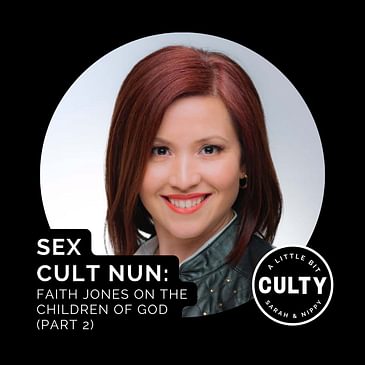Here’s part two of our chat with Sex Cult Nun author/memoirist Faith Jones, who was raised in the infamous Children of God sect. Warning: This episode gets into gritty terrain including discussions of child abuse and sexual assault. Listener discretion advised.
Additional Articles about other survivors of the Children of God:
Rolling Stone: How I Escaped From a Religious Sex Cult and Ended Up in the Army
The Guardian: Life after a sex cult: 'If I’m not a member of this religion any more, then who am I?'
Hear Ye, Hear Ye:
The views and opinions expressed on A Little Bit Culty do not necessarily reflect the official policy or position of the podcast. Any content provided by our guests, bloggers, sponsors or authors are of their opinion and are not intended to malign any religion, group, club, organization, business individual, anyone or anything. Nobody’s mad at you, just don’t be a culty fuckwad.
Other Links:
Join A Little Bit Culty on Patreon
Get poppin’ fresh ALBC Swag
Support the pod and smash this link
Cult awareness and recovery resources
CREDITS:
Executive Producers: Sarah Edmondson & Anthony Ames
Production Partner: Citizens of Sound
Producer: Will Retherford
Senior Producer: Jess Tardy
Theme Song: “Cultivated” by Jon Bryant co-written with Nygel Asselin
Learn more about your ad choices. Visit megaphone.fm/adchoices

